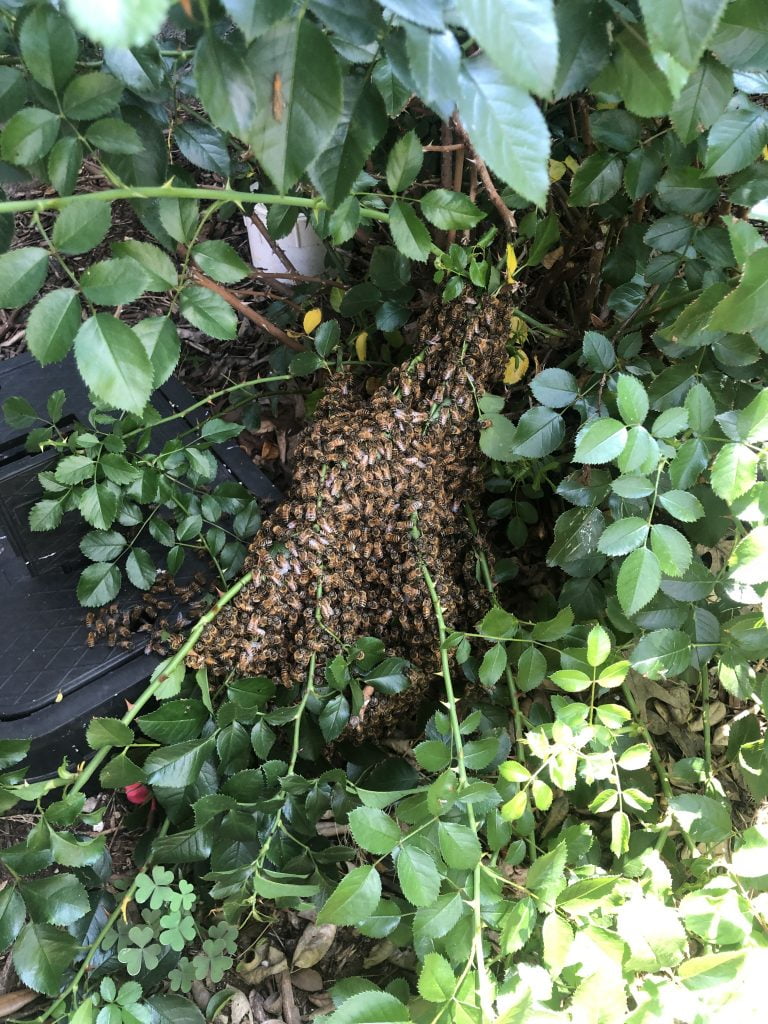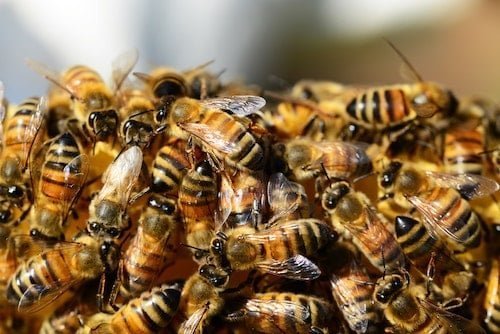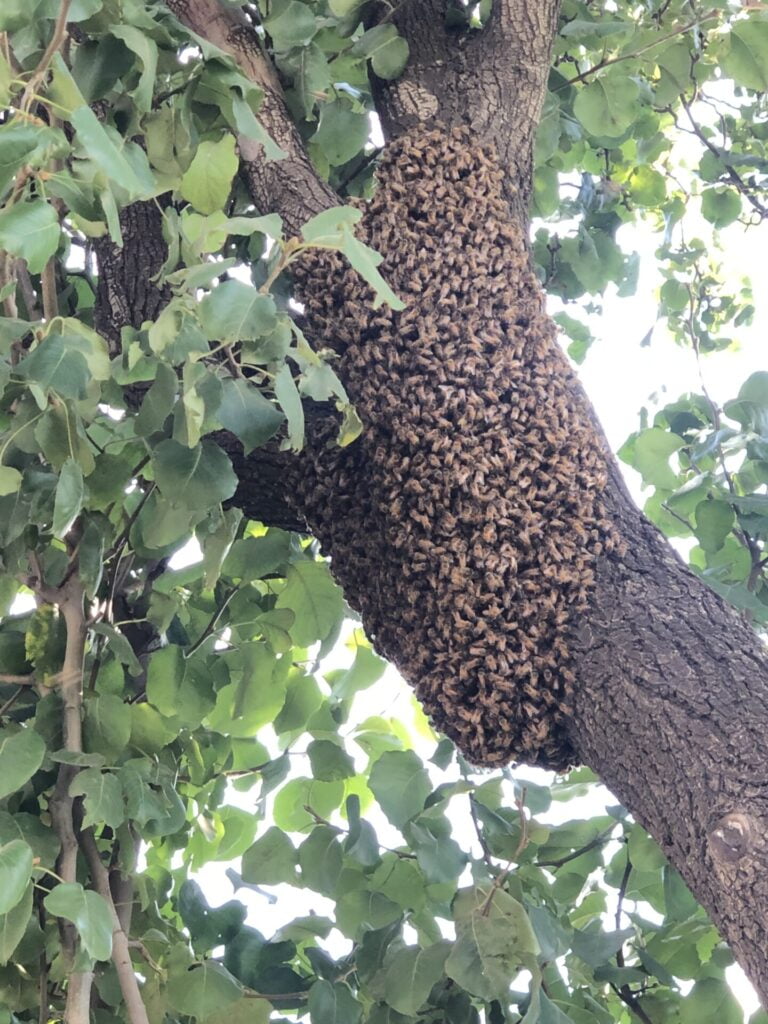Africanized bees, often referred to as “killer bees,” are a hybrid species resulting from the crossbreeding of African honey bees with European honey bees. First introduced to Brazil in the 1950s in an attempt to increase honey production, these bees accidentally spread throughout the Americas, eventually reaching parts of the southern United States. Known for their aggressive behavior, Africanized bees have captured public attention due to their tendency to defend their colonies more fiercely than other bee species.



Characteristics of Africanized Bees
Physically, Africanized bees are nearly identical to European honey bees, making it difficult to distinguish between the two species without genetic testing. They share the same size, color, and general appearance. However, it’s their behavioral differences that set them apart.
Africanized bees are highly defensive and can become aggressive more quickly than their European counterparts. They are known to attack in larger numbers and pursue perceived threats over much longer distances, sometimes up to a quarter of a mile. Once disturbed, they remain agitated longer, which increases the chances of multiple stings. This defensive nature helps protect their colonies, but it also makes them more dangerous to humans and animals who might inadvertently come too close.
Why Africanized Bees Are Aggressive
The aggressive behavior of Africanized bees is largely a survival mechanism. African honey bees evolved in environments with more predators, leading them to develop a heightened sense of threat response. When they perceive a disturbance to their hive, they release alarm pheromones that signal other bees to join in the defense. Because they evolved in a more hostile environment, they tend to overreact to potential threats, resulting in larger swarms attacking together.
Africanized bees also have a higher tendency to swarm, a natural process where a colony splits and forms a new colony elsewhere. This swarming behavior allows them to spread quickly, leading to their rapid expansion across various regions.
Dangers Posed by Africanized Bees
While all bees can sting when provoked, Africanized bees are particularly dangerous due to the intensity of their attacks. A single sting from an Africanized bee is no more potent than that of a European honey bee. The difference lies in the number of stings. Africanized bees attack in large numbers, and victims can suffer hundreds of stings, which increases the risk of allergic reactions and, in severe cases, death.
The primary victims of Africanized bee attacks tend to be people or animals who unknowingly disturb their hives. Loud noises, vibrations from machinery, or even the movement of nearby objects can trigger an aggressive response. Pets and livestock are particularly vulnerable, as they are less likely to recognize the threat and move away.
How to Protect Yourself from Africanized Bees
The best way to avoid an Africanized bee attack is to stay aware of your surroundings, especially in areas where they are known to live. Africanized bees prefer nesting in small cavities, such as abandoned structures, hollow trees, or even crevices in the ground. Avoid approaching areas where you suspect a bee colony might be present.
If you encounter a swarm, do not swat at the bees or make sudden movements, as this can provoke them. Slowly back away, and if the bees start to attack, run as fast as possible while covering your face, especially your eyes and nose, to minimize stings. Seek shelter in a building or vehicle as quickly as you can. Africanized bees are persistent, so escaping into an enclosed space is your best chance of avoiding serious injury.
The Role of Africanized Bees in the Ecosystem
Despite their fearsome reputation, Africanized bees still play an essential role in pollinating plants and contributing to biodiversity. Like all honey bees, they assist in the pollination of a wide variety of crops and wild plants, which is vital to maintaining healthy ecosystems. However, their aggressive nature can make it challenging to manage their populations for agriculture.
In regions where Africanized bees have established themselves, beekeepers often face difficulties maintaining European bee colonies. Africanized bees can invade managed hives, taking over the colonies and hybridizing with European bees, which diminishes the docile behavior that beekeepers rely on. This presents a challenge for the honey production industry as well as efforts to protect other pollinators.
When to Call a Professional
If you suspect an Africanized bee colony near your home or workplace, it is crucial to contact a professional bee removal service, like Little Giant Beekeepers. Attempting to remove the hive yourself can be extremely dangerous, given the defensive behavior of these bees. A professional will have the knowledge and equipment necessary to safely handle the situation without causing unnecessary harm to you, your family, or the bees themselves.
Africanized bees can be relocated and managed, helping to preserve their beneficial role in pollination while minimizing the risks they pose to humans and animals.
Contact Us Today
Africanized bees are a complex species, balancing their role as important pollinators with the danger they pose to those who inadvertently disturb their colonies. While their aggressive nature makes them a threat, understanding how to identify and avoid Africanized bee colonies is key to coexisting with them. Should you ever find yourself in a situation involving Africanized bees, Little Giant Beekeepers is equipped to handle the situation safely and effectively. If you need assistance with Africanized bees, contact Little Giant Beekeepers for professional and safe removal.
